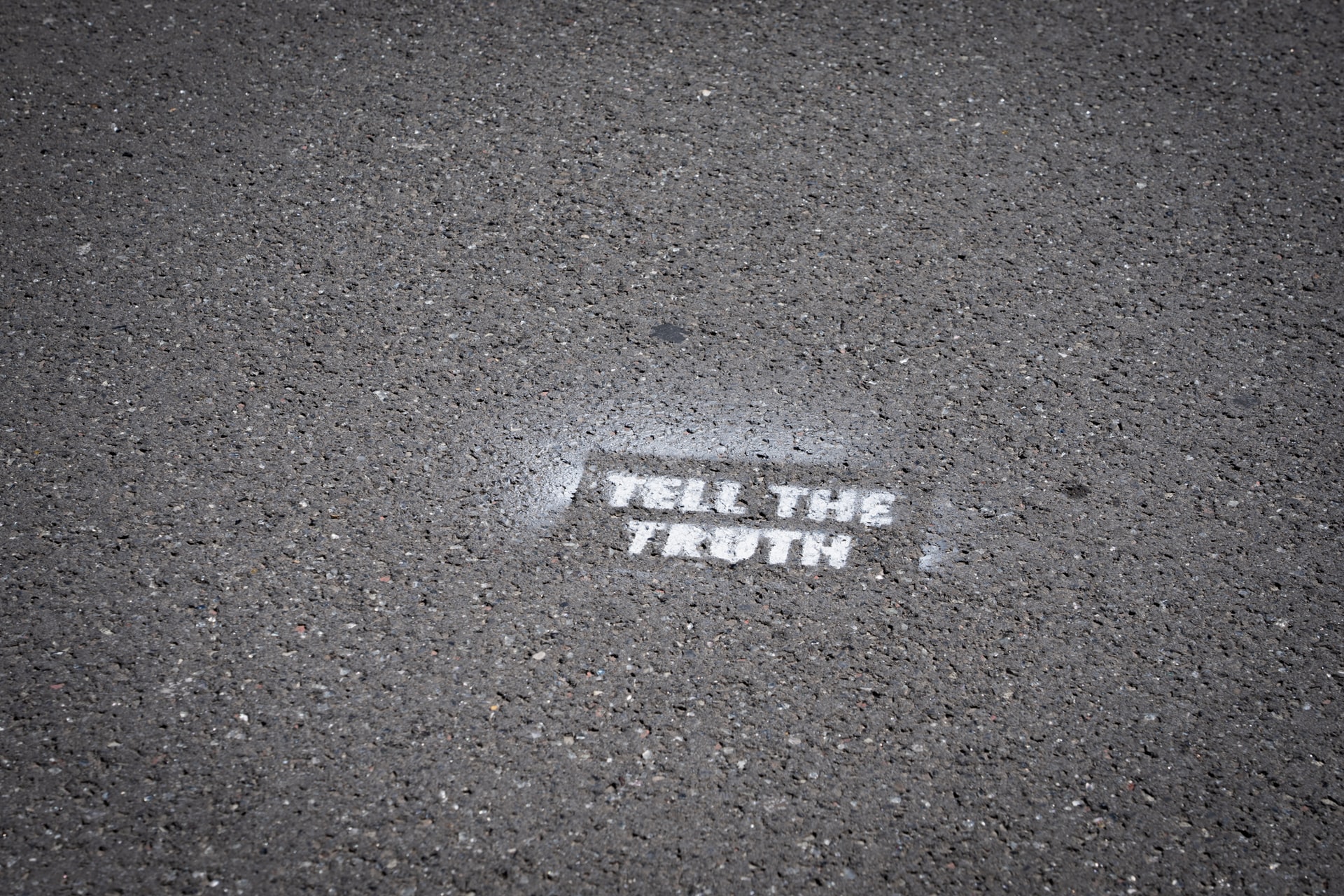A few weeks before my dad died, an aggrieved person from a past life of mine tweeted a bunch of lies about me — as aggrieved people are wont to do. Among them was the idea that I’m some kind of deranged homophobe (yes, me, openly bisexual for a few years now, so much so that I lost out on a big contract last December as an online safety trainer — because my wealthy clients didn’t want to be associated with someone like me).
The thing about a particularly outrageous lie is that anyone who automatically believes it about you should not be in your life in the first place. I blocked most of the people who fell for the bullshit and moved on.
When my father wound up in the hospital with Covid-19, I especially had no time to focus on further bullshit. But in those wobbly days full of crisis and hope and hope dashed, I did notice that someone in the greater Washington D.C. area had seized on the lie and had begun to tweet threats along the lines of “you’re a gay basher and we’re going to bash back.” I didn’t have the energy to formulate a response, nor did I care to.
A few days later, my father died. I grabbed my brother and my son and took the next available flight to Ukraine. Nothing has been the same since then.
The lie, however, continued to live a life of its own, as lies will do. It mutated and it spread, just as the virus that killed my father did. Some weeks ago, I had to confront it again. I had to sit down and consider that this will yet be another weird part of my own online mythology — Natalia the unhinged, abusive homophobe — and all of the assorted subplots that come with that. And should it spill out beyond the famously nasty world of Twitter? I’d have to be ready for that too.
Lies happen. So does unintentional misinformation. The problem is, we are so attached to the instant gratification that comes with expressing anger on social media that we don’t often check the context or the facts.
I’ve been guilty of this too! To be honest, I’m ashamed that it took me this long to understand that even people I have previously trusted and respected could use me as a vehicle for their own lies and manipulative behavior. I’m ashamed that I let the impulse of, “This will make me look better than this other person” repeatedly guide me.
In making amends, I have reached out and apologized to those I’ve hurt. I’m also not above walking up to someone I’d unfairly trashed on Twitter at a party, explaining what had occurred, and saying, “I hope you can forgive me.” Sometimes, I’ve even been forgiven!
The problem though, is that our online culture rewards cruelty and witch hunts. It’s an element that’s baked into the system. Writer Jason Pargin probably put it best when he tweeted:
Cruelty is more addictive than Heroin. Normal people need an excuse to indulge, cancel campaigns give it to them. The platforms award currency (likes/follows/validation) to those who join in. The more cruel, the more cartoonish the portrait painted of the enemy, the more you get.
— Jason Pargin, author of John Dies at the End, etc (@JasonKPargin) June 30, 2021
In fact, his entire thread is worth a read (assuming you already haven’t given up on Twitter).
The end result of this kind of pointed, deliberate cruelty can be a life literally ruined. It can be a person getting seriously hurt (people love to play vigilante online and offline). Or a person committing suicide. Sensitive people prone to introspection become the perfect targets in this situation. They can’t help but try to engage with the bullying — especially when the bullies pretend to be “constructive” or else acting in the name of an Important Cause — because they think they are obliged to. This only makes things worse.
Obviously, regulating the time you spend on social media can be very helpful in this regard, but for a lot of us who depend on social media for commissions and other types of work, this isn’t always financially feasible.
So what do you do? The best course of action is to stop and think sometimes. Just as in the excellent article I linked above, we must consider the implications of our actions. “What’s the worst that could happen if I amplify this?” “Am I sure I’m passing on the correct information?” “What am I getting dragged into?”
These are all questions I ask myself — for the sake of my mental health and for the sake of fairness. And yes, the person who threatened me reached out to take back everything he said. And apologized and told me he never meant to make me feel unsafe, and that he is going to think long and hard about his anger and ask for help in managing it.
For that, I am grateful. Just as cruelty comes around, so can forgiveness.
Image credit: Claudio Schwarz

